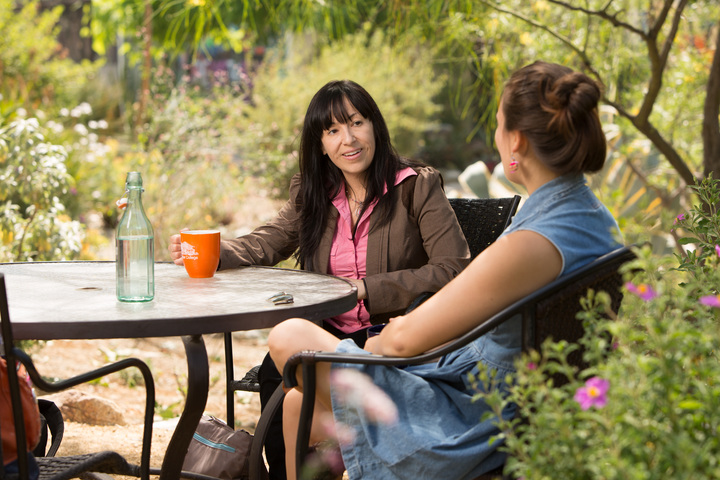Academics » Academic Advising » The Junior Year

-
3. Get intermediate coursework done in your major.
During your Junior year, you should be completing intermediate coursework in your major and beginning some advanced coursework. You should continue to work on (and continuously evaluate) your academic and personal goals. And you should be thinking about your path after graduation.
-
4. How can you get the most out of your major experience?
Talk with your major adviser about how to get the most out of your major experience. Would doing honors in the major be a good choice for you? What is the best preparation for graduate school? What courses are most appropriate for your career aspirations? What kind of campus and community service activities which might enhance the academic work in your major, and also help you develop your leadership skills.
-
6. Talk to someone about handling stress.
You should know about the academic support resources available on campus. If you are having academic difficulties, try to understand the nature of those difficulties. You should talk with your professor, go to their office hours, go to tutoring sessions, arrange study groups, share class notes with other students, and talk with academic support personnel in the Office of Student Affairs. Try to develop your study techniques to help you through times of academic stress. Try to develop effective techniques to feel better during times of emotional stress.
- Another valuable academic support resource is the Writing Center. You can book an appointment with a writing fellow from the Writing Center website, for assistance during any part of the writing process.
- If you are experiencing personal or academic stress and need additional support, you can schedule an appointment with Monsour Counseling and Psychological Services. Sessions are confidential and free to Pitzer students.
- Student Disability resources are also available for various methods of support.
- The Claremont colleges offer numerous shared support services for students, which can be found here
-
7. Reference the academic calendar both if you are on campus or abroad.
Stay on top of the academic calendar. In September (February), remember the deadline to add classes and finalize your schedules. In October (March), follow up on any low grade notices and observe the deadline to drop classes. In November (April) you need to pre-register for the next semester. And in December (May), be aware of the last day to withdraw from classes and your final exam schedule. Frequently monitor your Pitzer email and promptly respond to any official communications.
-
8. While abroad, stay in touch with your major adviser in Claremont.
When you are studying abroad, you will be busy seeing the world, experiencing a different style of education, learning about a new culture, honing your language skills, enhancing your career opportunities, finding new interests, making lifelong friends, discovering yourself, strengthening your graduate school application, and enjoying a life experience unlike any other. But please stay in touch with your major adviser here in Claremont. You will need to preregister for the next semester from abroad, often with limited access to the internet.
-
10. Look into fellowships that target juniors
You should apply for some fellowships which target juniors. You might think about the Barry Goldwater Scholarship, Boren Scholarship, Benjamin Gilman Scholarship, Congress-Budestag Youth Exchange, Critical Language Scholarship Program, Fulbright Commission: Summer Institutes, Humanity in Action, Morris Udall and Stewart Udall Scholarship, Truman, Neuroscience, Thomas Pickering Foreign Affairs Fellowship, SEO Career, and/or Vanguard Scholarship. Talk with Sandy Hamilton in Fletcher 204.
-
11. Get internship and research experience.
You should get some internship or research experience before it is too late. It is extremely important to your future career and academic paths to get out-of-classroom experience. You can begin your internship search with help from Career Services. You can begin your research search with faculty members who are doing interesting work. Your major adviser can help you make the connections. Make sure you are doing something over the summer (i.e. internships, research, volunteering, summer job, etc) connected with your future plans. You need to make plans late in the Fall semester and during winter break for the summer.